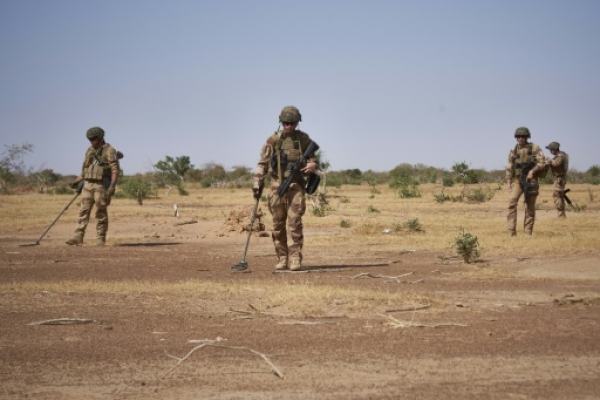The United Nations Refugee Agency (UNHCR) has been urging to address the danger posed by landmines, unexploded ordnances (UXO) and improvised explosive devices in the African regions of Sahel and Lake Chad, lacerated by the seven year conflict originated in Nigeria. Even if such devices are aimed at the security forces, civilians keep being indiscriminately maimed or killed.
In the Chad Basin, as noted by the UNHCR, Nigeria and Chad are the most affected by incidents caused by explosive devices, which result in increasing casualties among civilians. As a matter of fact, in northeastern Nigeria 230 people were killed and more than 300 injured by improvised explosive devices (IEDs) in 2019. The threat posed by explosive devices exacerbates the dramatic situation of the Sahel region, which is living a dire humanitarian and displacement crisis.
Mines and explosive devices are not only threatening civilians’ security, they are also hindering the displaced persons’ right to return to their home.
The UNHCR has been soliciting humanitarian organisations, governments and the parties of the conflict to address the issue of civilians being threatened and hit by explosive ordnances. The UN agency has been providing support to the injured and to the victims’ families, as well as psychological support to survivors, including children. Further efforts, though, are urgent and necessary. Besides the high death toll, physical injuries and psychological damages, explosive devices are, in fact, preventing access to local livelihoods and basic services. Finally, the presence of landmines is also obstructing the delivery of humanitarian aid in these conflict-affected areas.
To read more, please visit:
https://www.msf.org/lake-chad-crisis-depth
Autore: Margherita Curti; Editor: Matteo Consiglio







